Guide to Getting Calf Implants in Thailand
.jpg)
Considering calf implants to achieve more defined and shapely lower legs can be an exciting prospect. Many individuals, seeking both quality and affordability, often look towards medical tourism destinations like Thailand. It's natural to wonder, "Are calf implants in Thailand safe?"
The good news is that for many procedures, including calf augmentation, Thailand has established itself as a reputable hub for medical tourism, attracting patients from all over the world due to its high standards of care, skilled surgeons, and modern facilities.
When performed in accredited hospitals and clinics by experienced, board-certified plastic surgeons, calf implant procedures in Thailand can indeed be safe and yield excellent results. The key lies in thorough research and making informed choices about your surgeon and facility.
This guide aims to answer your most pressing questions about calf implants in Thailand, covering safety protocols, risks, recovery, and what makes Thailand a popular choice for this type of cosmetic surgery, helping you navigate your options with confidence.
Are Calf Implants in Thailand Generally Safe?
The safety of calf implants in Thailand largely depends on the choices you make as a patient. Thailand boasts numerous internationally accredited hospitals and clinics, particularly in major cities like Bangkok and Phuket, that adhere to stringent safety and hygiene standards. These facilities often hold certifications from organizations like Joint Commission International (JCI), which signifies a commitment to global benchmarks in patient care and safety.
Furthermore, many Thai plastic surgeons receive extensive training both locally and internationally, with a significant number being members of recognized professional bodies. They are skilled in performing various cosmetic procedures, including calf augmentation, using high-quality, medical-grade solid silicone implants.
Choosing a surgeon with verifiable experience in calf implants and ensuring the clinic meets international safety standards are crucial steps for a safe procedure.
What Are the Typical Risks Associated with Calf Implant Surgery?
Like any surgical procedure, calf implant surgery carries potential risks, though serious complications are infrequent, especially when performed by a skilled surgeon. Understanding these risks can help you make an informed decision and prepare adequately:
- Infection: This is a risk with any surgery, but it can be minimized through strict sterile techniques and post-operative care, including antibiotics.
- Bleeding and Hematoma: Accumulation of blood under the skin (hematoma) might require drainage.
- Implant Displacement: The implant may shift from its intended position, potentially requiring corrective surgery. This is often prevented by precise surgical pocket creation.
- Scarring: While surgeons aim for discreet incisions, some scarring is inevitable. Proper wound care can help minimize their appearance.
- Nerve Damage: Temporary or, rarely, permanent numbness or altered sensation in the calf area can occur.
- Adverse Reaction to Anesthesia: This is a general surgical risk, carefully managed by qualified anesthesiologists.
Reputable clinics in Thailand employ rigorous protocols to minimize these risks, including thorough pre-operative assessments, state-of-the-art surgical equipment, and comprehensive post-operative monitoring. Following your surgeon's pre- and post-operative instructions diligently is essential for reducing potential complications.
How Can I Ensure the Safety of My Calf Implant Procedure in Thailand?
Ensuring the safety of your calf implant procedure involves proactive research and careful selection. Here are key steps to take:
- Choose an Accredited Facility: Prioritize hospitals or clinics with international accreditations like JCI (Joint Commission International). This indicates they meet strict global standards for patient safety and quality of care.
- Verify Surgeon Credentials: Research your surgeon's qualifications, experience, and specialization in plastic surgery. Look for board certifications from recognized bodies, both local and international. Check how many calf implant procedures they have performed.
- Read Patient Reviews and Testimonials: Seek out real patient experiences and reviews on independent platforms. While individual results vary, consistent positive feedback regarding safety, professionalism, and results is a good indicator.
- Have a Thorough Consultation: Schedule a detailed consultation, preferably via video call if you can't be there in person, to discuss the procedure, risks, expected outcomes, and all aspects of aftercare. Ensure all your questions are answered to your satisfaction.
Open communication with your medical team and transparent information about the chosen implants are vital. Don't hesitate to ask for before-and-after photos of previous calf implant patients to assess their work.
What Types of Calf Implants Are Used in Thailand?
In Thailand, as in most parts of the world, calf augmentation primarily utilizes solid silicone implants. These implants are distinct from the gel-filled implants used in breast augmentation; solid silicone is firm yet flexible, designed to withstand the stresses of everyday movement and provide a permanent contour to the calf muscles.
They are specifically shaped to mimic natural muscle definition and are available in a range of sizes and profiles (e.g., elongated, oval) to suit individual anatomical needs and aesthetic goals.
The use of medical-grade solid silicone ensures biocompatibility and long-term durability. Surgeons will work with you to select the appropriate size and shape of the implants during your consultation, taking into account your current calf size, desired outcome, and body proportions to achieve the most natural-looking enhancement. The quality of these implants used in reputable Thai clinics is on par with international standards.
What is the Average Cost of Calf Implants in Thailand?
One of the primary reasons people consider medical tourism to Thailand for cosmetic procedures is the significant cost savings. The cost of calf implants in Thailand is generally much more affordable than in countries like the United States, Europe, or Australia, without compromising on quality or safety in reputable facilities.
The price range of $3,000 to $6,000 typically includes the surgeon's fee, anesthesia costs, facility charges, and the implants themselves. However, it's essential to get a detailed quote from your chosen clinic, as some packages might also include post-operative garments, medications, or initial follow-up appointments. Always clarify what is covered in the quoted price to avoid any surprises. Remember that while cost-effectiveness is a benefit, it should not be the sole factor in your decision-making.
What is the Recovery Process Like After Calf Implant Surgery?
The recovery process after calf implant surgery requires patience and adherence to your surgeon's instructions. Immediately after the procedure, you can expect some pain, swelling, and bruising in the calf area. Pain medication will be prescribed to manage discomfort. You will likely need to wear a compression garment to help reduce swelling and support the implants during the initial healing phase.
For the first few days, mobility will be limited, and elevating your legs when resting is recommended. Most patients can walk carefully within a few days, but strenuous activities, heavy lifting, and intense leg exercises must be avoided for at least 4-6 weeks, or as advised by your surgeon.
Swelling will gradually subside over several weeks, and the final results will become more apparent as your body heals. Complete recovery, where all swelling has resolved and you can resume all normal activities, can take anywhere from 2 to 6 months.
Why Do People Choose Thailand for Cosmetic Procedures Like Calf Implants?
Thailand's rise as a global medical tourism destination is due to several compelling factors that attract patients seeking cosmetic enhancements:
- Cost-Effectiveness: Procedures are often a fraction of the cost found in Western countries, making high-quality cosmetic surgery accessible to more people.
- World-Class Facilities: Many hospitals and clinics are equipped with cutting-edge technology and modern amenities, rivaling those in developed nations.
- Experienced Surgeons: A significant number of Thai surgeons are internationally trained, board-certified, and possess extensive experience in various cosmetic surgeries.
- Medical Tourism Infrastructure: Thailand offers a well-developed infrastructure to support international patients, including multilingual staff, patient coordinators, and seamless travel logistics.
- Recovery in Paradise: Patients can recover in a serene, beautiful environment, often combining their medical journey with a relaxing vacation.
These factors combined provide an attractive package for individuals looking for safe, effective, and affordable cosmetic surgery, including calf implants, in a welcoming setting.
What Should I Consider When Planning Medical Travel to Thailand for Surgery?
Planning medical travel to Thailand requires careful attention to detail to ensure a smooth and stress-free experience. Here are crucial considerations:
- Visa and Travel Documents: Check Thailand's visa requirements for your nationality well in advance. Ensure your passport is valid for at least six months beyond your planned departure date.
- Travel and Medical Insurance: Invest in comprehensive travel insurance that covers medical emergencies and potential complications from elective surgery. Standard travel insurance may not cover cosmetic procedures.
- Accommodation and Logistics: Arrange accommodation close to your chosen clinic for easy access to appointments and follow-ups. Many clinics offer assistance with lodging or provide recovery suites. Plan for local transportation.
- Duration of Stay: Allocate sufficient time for your procedure and initial recovery. For calf implants, it's generally recommended to stay in Thailand for at least 10-14 days post-surgery to allow for initial healing and follow-up appointments before flying home.
- Communication: Confirm that the clinic has English-speaking staff or can provide a translator if needed, especially for detailed medical discussions.
A well-planned trip contributes significantly to a successful and comfortable medical tourism experience. Consider working with a medical tourism facilitator for guidance.
Are there specific accreditations to look for in Thai clinics for safety?
When seeking a clinic for calf implants in Thailand, identifying reputable accreditations is a critical step in ensuring your safety and the quality of care. The most prestigious international accreditation to look for is Joint Commission International (JCI). JCI accreditation indicates that a healthcare organization meets stringent international standards for patient safety and quality of care, covering everything from surgical procedures and infection control to patient rights and facility management.
Beyond JCI, clinics might also hold local accreditations from the Ministry of Public Health in Thailand or other international ISO certifications. While these are good indicators of quality, JCI remains the gold standard for global recognition. Always verify the current status of any accreditation directly with the accrediting body if possible, or through the clinic's official website. These certifications provide an added layer of assurance about the facility's commitment to high clinical standards.
How long do calf implants last, and what about long-term safety?
Modern calf implants, made from solid silicone, are intended to be a permanent solution for calf augmentation. Unlike breast implants, which may occasionally require replacement over time, solid silicone calf implants are extremely durable and are not prone to rupture or leakage. Once surgically placed, they are designed to last a lifetime without needing routine replacement.
In terms of long-term safety, the materials used are biocompatible, meaning they are well-tolerated by the body. While complications like capsular contracture (scar tissue hardening around the implant) are rare for calf implants, they can occur. Regular self-examination of your calves and periodic check-ups with your surgeon or a local doctor can help monitor the implants and overall health of your calves. Should any concerns arise years down the line, consulting a medical professional is always advised, but generally, calf implants offer a safe and lasting aesthetic enhancement.
Considering calf enhancement or other medical procedures abroad? Explore PlacidWay for a trusted network of global healthcare providers and comprehensive medical tourism solutions tailored to your needs.


.png)





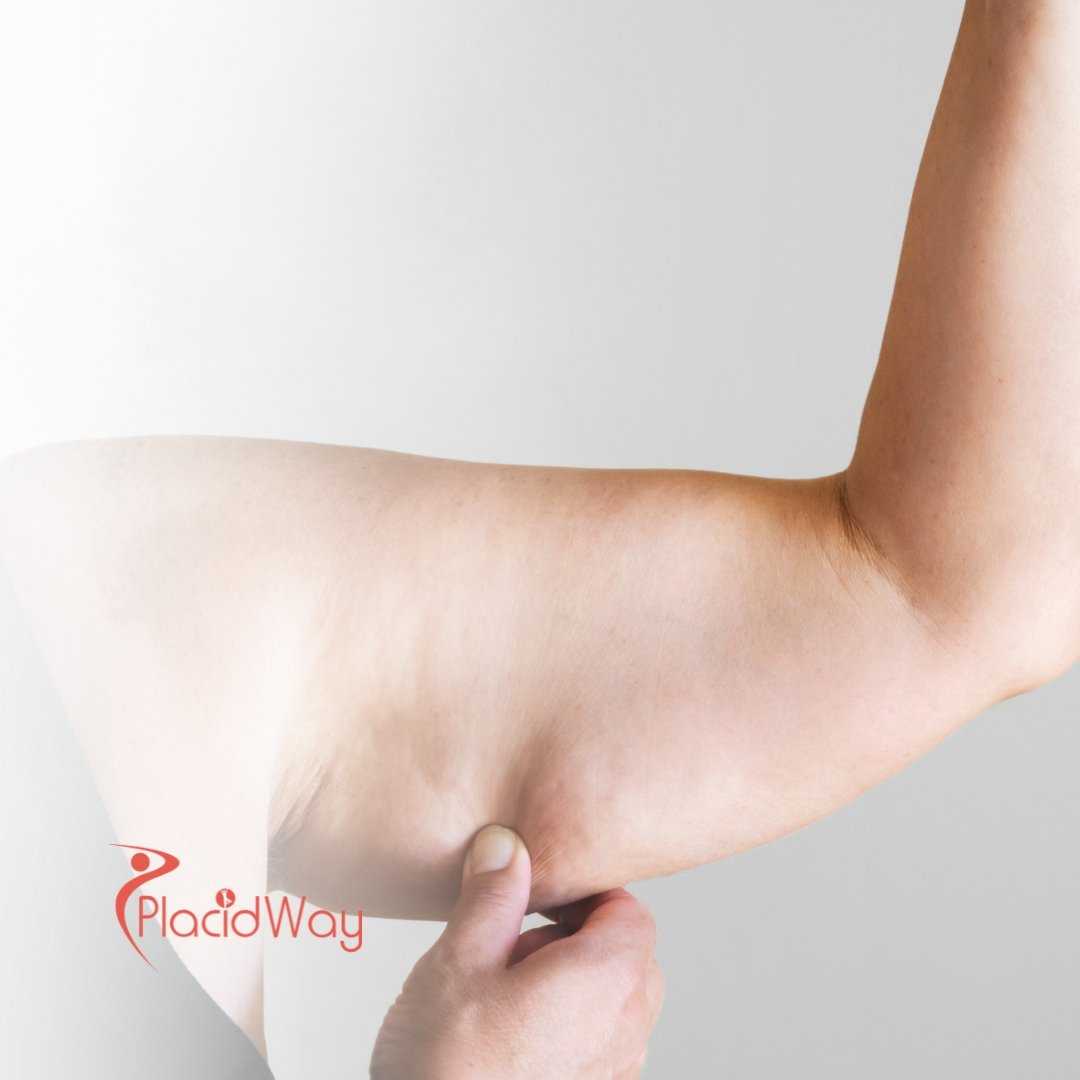
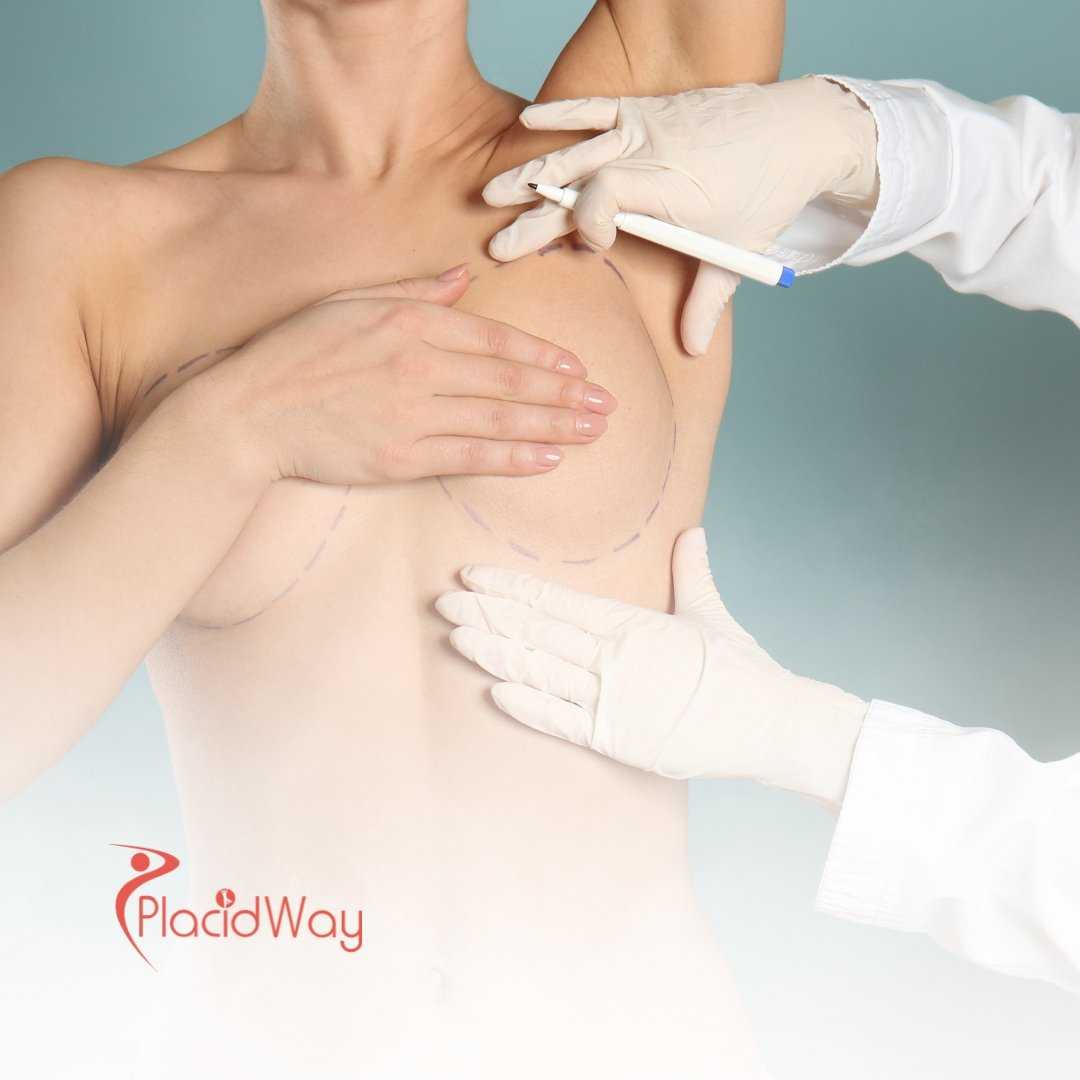

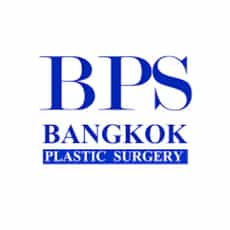
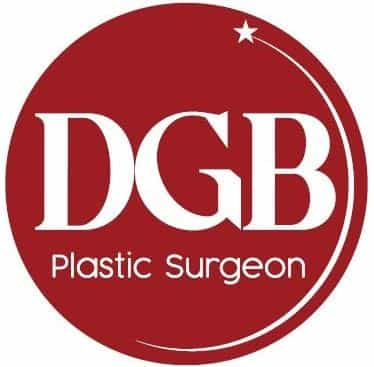
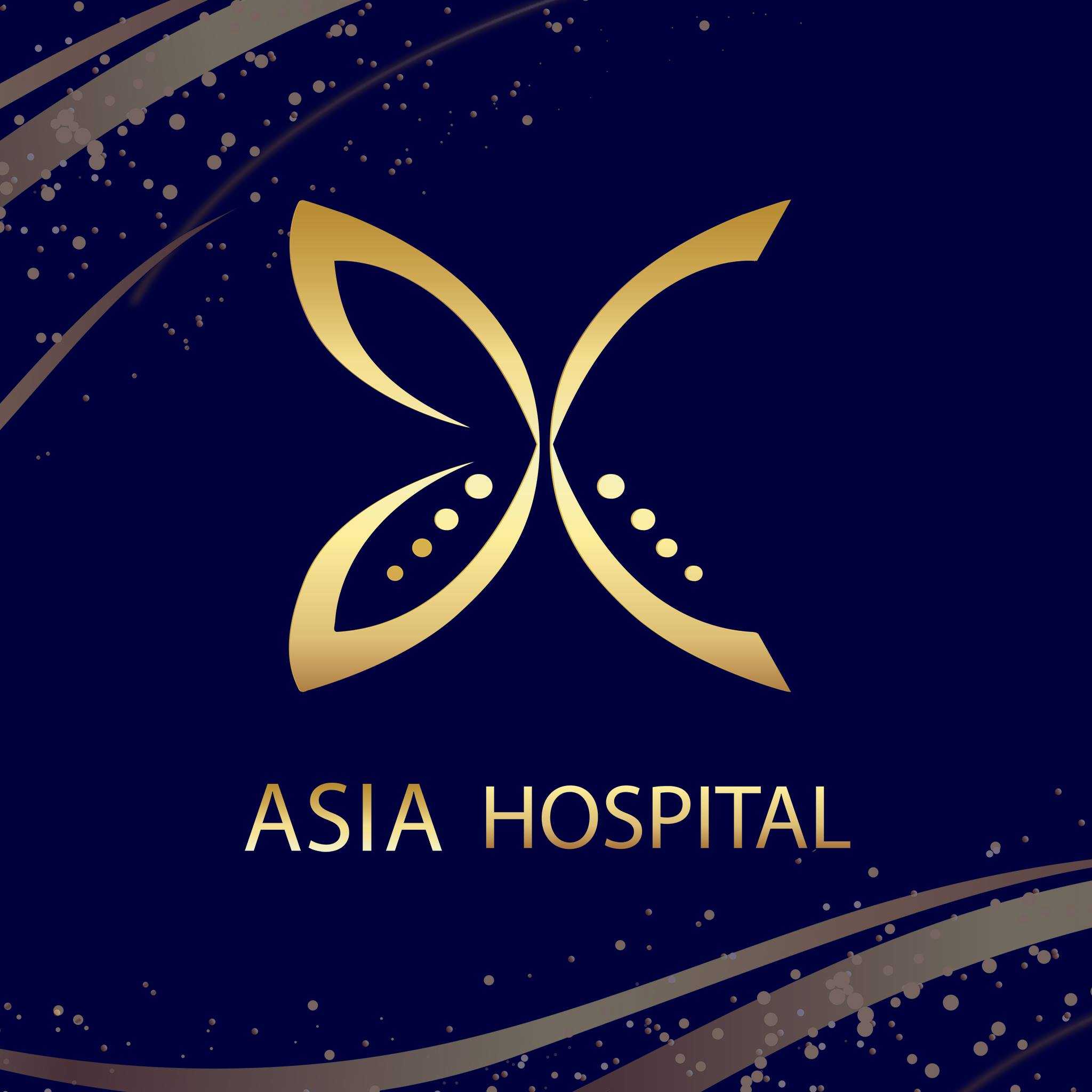



Share this listing